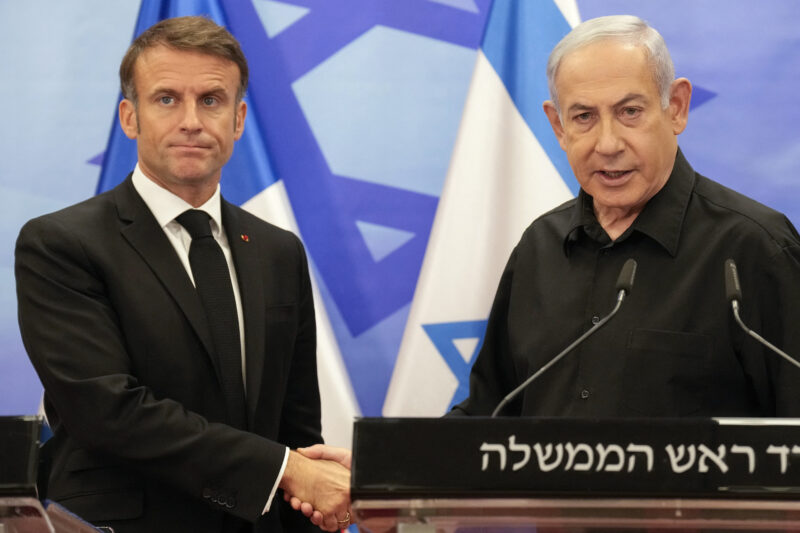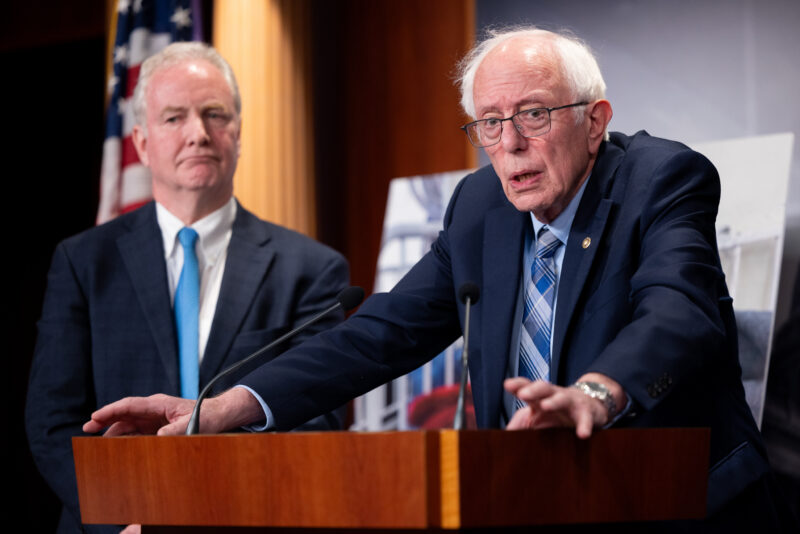Israelis question if Lebanon cease-fire will keep them safe
While the deal is expected to receive majority support within the cabinet, it remains unpopular in the PM’s right-wing base and beyond, with even commentators on the staunchly pro-Netanyahu Channel 14 criticizing it

Ramiz Dallah/Anadolu via Getty Images
NABATIEH, LEBANON - SEPTEMBER 28: Smoke rises from the impact sites near a settlement following the Israeli army's attack in Khiam town of Nabatieh, Lebanon on September 28, 2024. (Photo by Ramiz Dallah/Anadolu via Getty Images)
Israel and Lebanon appeared to be hours away from a U.S.-brokered cease-fire on Tuesday, but Israeli politicians in both the coalition and opposition, as well as leaders of towns in northern Israel, are questioning whether the agreement will do enough to keep residents of the north safe.
The Israeli security cabinet is expected to vote on the potential agreement on Tuesday evening. The deal is meant to institute a 60-day cease-fire, based on United Nations Security Council Resolution 1701, which ended the 2006 Second Lebanon War but was violated by Hezbollah within weeks.
While Israel has inflicted far more damage on Hezbollah in this war than in 2006, killing hundreds of its top officers, including its leader Hassan Nasrallah, the Iran-backed terrorist group still has thousands of rockets and missiles and shot hundreds of them at Israel in recent days.
In keeping with UNSCR 1701, the agreement requires Hezbollah to remain north of the Litani River, some 17 miles from the border with Israel. The Lebanese Armed Forces and the United Nations Interim Force In Lebanon (UNIFIL) would, according to the deal, enter that area to stop Hezbollah from returning, even though they fell short of fulfilling that duty over the past 18 years.
Unlike the 2006 resolution, the new agreement will also allow Israel to act to respond to Hezbollah’s potential violations of the cease-fire, but under the condition that Jerusalem gets approval from Washington before acting. President Joe Biden is expected to write a letter ensuring Israel’s freedom of action, which is meant to include not only the area south of the Litani, but also the Lebanon-Syria border and the Beirut airport, to stop arms smuggling.
There will also be an American-led monitoring system with French involvement – if the current dispute between Jerusalem and Paris over the International Criminal Court arrest warrant for Israeli Prime Minister Benjamin Netanyahu is worked out.
Deputy Foreign Minister Sharren Haskel, speaking in a briefing to foreign media on Tuesday, said that “the core issue is enforcement. UNIFIL and other organizations that were meant to prevent Hezbollah from building its power and creating a serious threat to Israel failed us.”
Asked whether France would ultimately be able to monitor the agreement, Haskel said, “We are working closely with our American allies to build a mechanism that we can sustain for years in the future.”
“We will not allow a return to Oct. 6,” she added. “Any violation that occurs will be addressed immediately. We will no longer agree to sell the future in exchange for temporary quiet in the present.”
Washington and Paris also expect Beirut to present a plan to select a new Lebanese president within two weeks.
In addition, the Biden administration is expected to ship weapons to Israel that it had previously refused to send, according to Israel’s public broadcaster Kan.
Netanyahu is set to meet with the heads of parties in his coalition on Tuesday, before a security cabinet meeting later in the day, meant to conclude with a vote on the deal.
While the deal is expected to receive majority support within the cabinet, it remains unpopular in his right-wing base and beyond, with even commentators on the staunchly pro-Netanyahu Channel 14 criticizing it.
The prime minister is expected to market the cease-fire to the public by saying that its terms extend for just 60 days, and that residents of the north will not return to their homes until Israel is certain that Hezbollah is keeping its side of the deal.
Critics have called for a buffer zone near the Lebanon-Israel border, and noted that Hezbollah has missiles with a long enough range to strike Israel from north of the Litani.
They have also expressed concern that a temporary agreement would be anything but, and that President-elect Donald Trump, who has said he wants to end wars, may be hesitant to allow the one in Lebanon to restart.
Former defense minister and war cabinet member Benny Gantz wrote on X that “we can’t speak about ‘a temporary cease-fire.’ Having forces retreat now will create a dynamic that will make things difficult for us and make it easier for Hezbollah to reorganize.”
Mayors of northern towns expressed deep skepticism of a possible cease-fire in a meeting with Negev and Galilee Minister Yitzhak Waseflauf on Monday night, with Metula Mayor David Azulay calling it a “surrender agreement.”
Yasser Javedan, mayor of the Druse town Kisra-Samia, said that the agreement is just a hudna, an Arabic term for a short pause in fighting.
“As long as Iran supports Hezbollah, it will continue to rearm,” Javedan warned. “There should not be talks with Lebanon as long as the hostages [in Gaza] do not come home.”
Waserlauf promised the mayors that he will “do everything to stop this agreement,” reflecting the position of his party leader, National Security Minister Itamar Ben-Gvir, who also came out against a cease-fire.
Within Likud, multiple ministers criticized the deal. Diaspora Affairs Minister Amichai Chikli called to “expel UNIFIL forces who utterly failed in their mission,” and said there must be a buffer zone which would include any villages that overlook Israel and would “permanently remain under Israeli control.”
”The strikes on Hezbollah’s leadership and the ground operation brought great operational achievements,” Chikli added. “We already learned with our blood what the interest is on buying quiet in the Middle East bazaar.”
Agriculture Minister and former Shin Bet chief Avi Dichter, also of Likud, reportedly warned that he would not support a “copy-paste of Resolution 1701.”
In the opposition, Gantz said that Israel “paid so much – in the blood of our fighters, in the wounded, in the many days of combat for the reservists, in budgets and arms, the residents of the north are evacuated for over a year, and those who live in the second line [of towns] are sleeping in [bomb] shelters. We cannot do half the job. We cannot miss the opportunity for a strong agreement that will change the situation in the north.”
Yisrael Beytenu leader Avigdor Liberman said that “instead of reaching arrangements, we must exact a price. Netanyahu is going back to the old ideas — arrangements with Hamas that brought about the Oct. 7 attack. Now they are talking about an arrangement that will allow Hezbollah to rearm, to grow stronger and strike us again.”
Opposition leader Yair Lapid, however, did not comment on the potential cease-fire agreement. In two speeches in the Knesset on Monday, one in the plenum and one in a Yesh Atid faction meeting, he focused on criticizing the government for its handling of the hostages remaining in Gaza.



















































